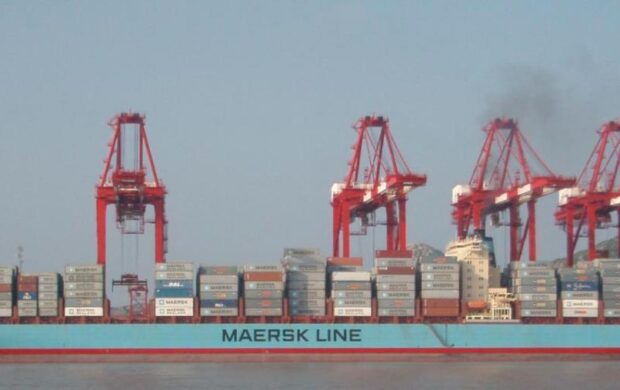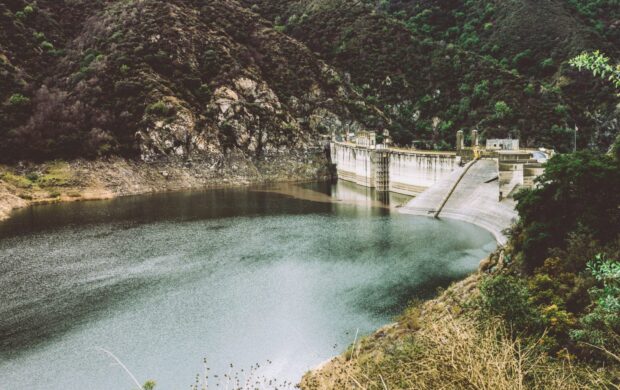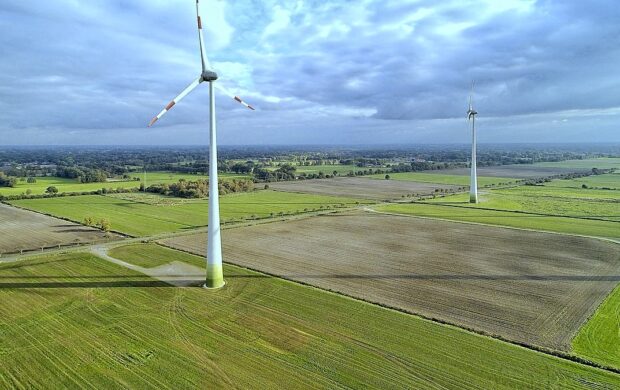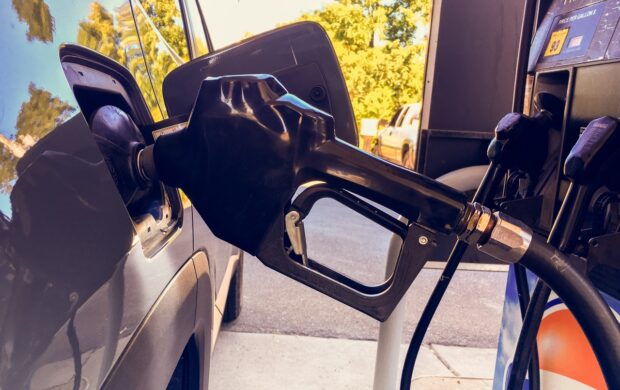In our topic hub on the future of shipping, we’re asking how advances in seabed mining will affect ocean governance.

Seabed mining, a closely watched, if relatively unexplored territory, is set to emerge soon as a significant new use of the world’s oceans. The International Seabed Authority (ISA) has granted 19 exploration licences, and Nautilus Minerals’ Solwara 1 project in Papua New Guinea is expected to be the first commercial deep-sea mining project to start operations within the next five years.
As commercial plans to exploit mineral resources on deep-ocean beds gather pace, marine researchers are increasingly concerned about the damage such projects might cause to the sensitive and little-understood ecosystems that thrive there. While some studies show that seabed mining offers an alternative that could be less environmentally destructive than land-based mining, scientists remain cautious about the potential environmental impacts. There are also concerns around the socio-economic impact that these mining activities will have on communities located in the proximity of mining spots, where onshore processing and transport infrastructure are likely to spring up.
Scientists are taking to the sea as part of a three-year, €12 million programme: Managing Impacts of Deep Sea Resource Exploitation (MIDAS), designed to address environmental and social concerns and to develop a set of guidelines for industry.
Image credit: Peter Thoeny















